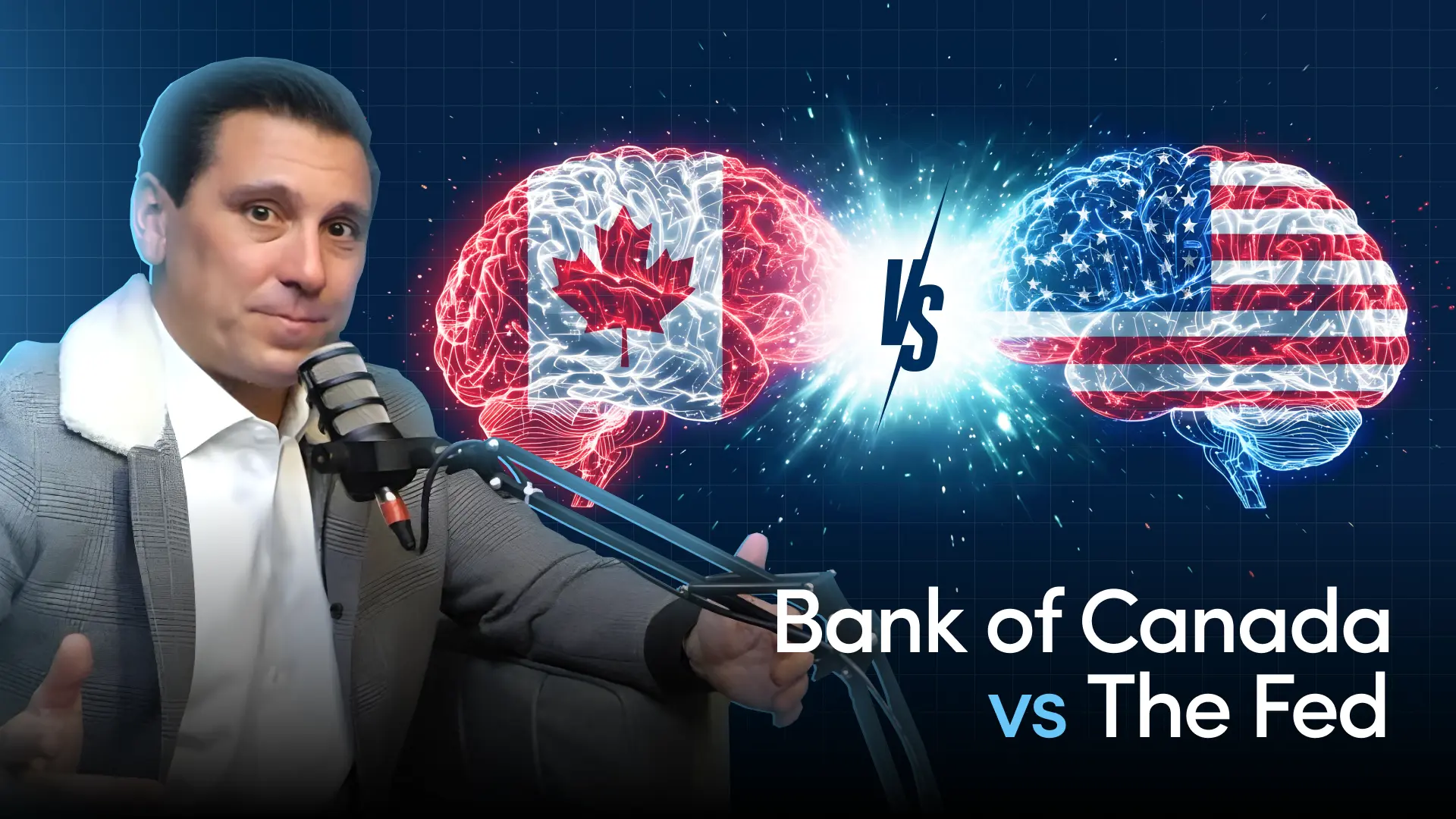Artificial Intelligence isn’t just a buzzword anymore; it’s here, it’s evolving fast, and it’s already rewriting the rules in industries like finance, real estate, and lending. And while most people are still debating whether AI is a threat or a tool, the reality is simple: if you’re only doing the bare minimum in your profession, AI is coming for your job.
In this week’s episode, Marcus and Justin dive into how AI is transforming not just their workflows, but the future of mortgage advice—and why Cannect is leaning into the wave instead of running from it.
“Blend in With the Machines” – Why AI Adoption Isn’t Optional
Marcus admits it—he was late to the AI party. He didn’t want to give it access to his files or financial models. But then came the moment of clarity: resisting AI was the modern equivalent of refusing to enter your credit card information online in the early days of e-commerce.
Convenience always wins.
So he went all in. Connected spreadsheets, rent rolls, architectural plans—the works. Within minutes, AI analyzed building sensitivity, rental variances, operating costs, and even projected mortgage serviceability. Something that would traditionally take hours… done in one prompt (plus a bit of human guidance).
The takeaway? Mortgage advice won’t disappear. Basic mortgage advice will.
Bare Minimum Roles Are at Risk — In Mortgages Too
AI’s biggest disruption isn’t that it can replace professionals. It can replace professionals who only check boxes.
If your role is simply collecting documents, reading rate sheets, and relaying bank penalties, you’re competing with an algorithm that doesn’t sleep and doesn’t miss a calculation.
But a personalized mortgage strategy? Understanding client psychology? Structuring deals outside of cookie-cutter lender logic? That’s where humans win—and that’s where Cannect stays ahead.
“If you’re doing the bare minimum, go on EI now. AI has already passed the minimum threshold.”
Human Advice + AI Precision
While AI platforms are showing insured rates from places like Nesto, NerdWallet, RBC—many of which don’t even apply to real-life borrower scenarios—Cannect is building something different.
Instead of fighting the wave, Cannect is integrating AI into its CRM, so clients can:
- Get real-time penalty breakdowns.
- Understand how bond yields affect their renewal timing.
- Run “what-if” scenarios without waiting for a callback.
- Still get expert interpretation from Cannect advisors who understand context beyond numbers.
Because that’s the gap between AI data and real financial guidance: Wisdom still requires a human.
AI Will Quote You a Rate — But It Won’t Fight a Bank For You
When asked if it could simply broker or originate the mortgage itself, AI responded: “Not yet. Regulatory licensing is required.”
Translation? The moment big tech decides it’s ready, mortgage origination platforms could become automated. But that doesn’t mean they’ll negotiate, structure, or fight penalties the way Cannect does.
So the mission is clear: get ahead of the wave, not under it.
Final Thought: AI Isn’t Replacing Advisors — It’s Replacing Order-Takers
The future of mortgage advice belongs to firms that:
- Use AI to eliminate inefficiencies.
- Keep humans at the center of strategy and empathy.
- Deliver advice faster, cleaner, and more customized than any rate-comparison site ever could
Cannect isn’t waiting for the wave. We’re surfing it.
Watch our Make Money Count videos.












